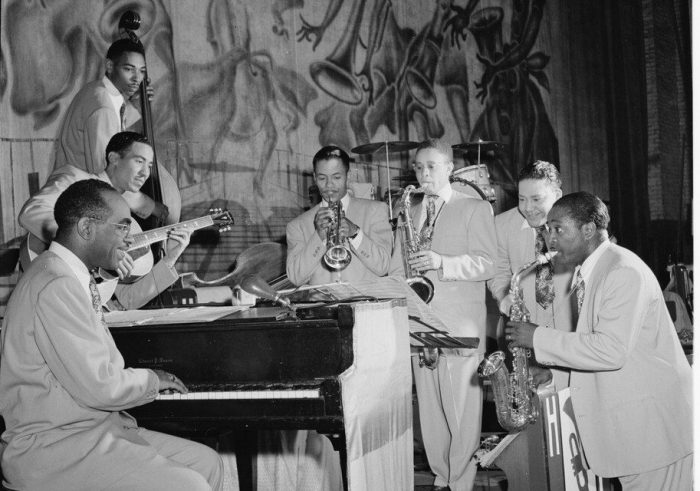The spring holidays and weather often fill people with hope and joy. This year is no different as residents may feel more optimistic than ever.
Local egg hunts and holiday events that took place last weekend exemplify the optimism our fellow residents are experiencing. While some community events during the past two years were able to take place, many of our social gatherings were severely limited. With egg hunts, organizers asked attendees to sign up for time slots. After egg hunting, they would need to complete any additional activities during a specific period due to COVID-19 precautions. Some events experienced low attendance amid COVID fears, with many people hesitant to return to their usual social activities.
This year, organizers were able to hold events resembling those held before COVID-19. Community members embraced the opportunity to get out of the house. For our reporters who were photographing the egg hunts and Port Jefferson parade, it was a delight to see community members able to fully enjoy activities and engage with each other.
It’s no surprise that we’re getting back to life as we knew it before 2020. It’s taken a while to get here, but it feels as though we are slowly approaching normalcy. As of April 6, the Suffolk County Department of Health Services reported 1.9% tested positive in the county, and the seven-day average was 1.8%. The COVID-19 Community Level for Suffolk is low. The DOHS also reported that as of April 7, 78.9% of county residents are fully vaccinated.
The community getting out and about regularly and mingling, as well as fewer COVID infections and more vaccinated people, are positive signs for the future.
This wave of good news is beneficial for small businesses as well. After spending a day full of fun activities, consider stopping by a local restaurant for lunch or dessert or patronizing a local store on the way home. Like community gatherings, our local mom-and-pops add a sense of place and charm to our towns and villages. Frequenting local downtowns gives these areas a chance to thrive, to employ even more of our residents and to pay taxes to our municipalities.
Our readers should keep an eye out for upcoming events in our coverage areas throughout the year as listed in our Arts & Lifestyles section.
We also remind residents that April 30 to May 6 marks National Small Business Week. Started by the U.S. Small Business Administration, these seven days recognize the contributions of entrepreneurs and small business owners. While enjoying the warm weather in the months ahead, we encourage our neighbors to grab a bite to eat, buy a new ornament or a plant for their home locally.
New York State Department of Health statistics indicate that nearly 5,000 Suffolk County residents have died from COVID-19. Many more throughout our state, nation and world have not survived the last few years. While we cannot undo what has happened, we can chart a course ahead. May these COVID years make us stronger, wiser and more socially responsible citizens. May we begin to thrive again, reminded of the joy and hope life has to offer. May we continue to rejoice and celebrate right in our backyards.














